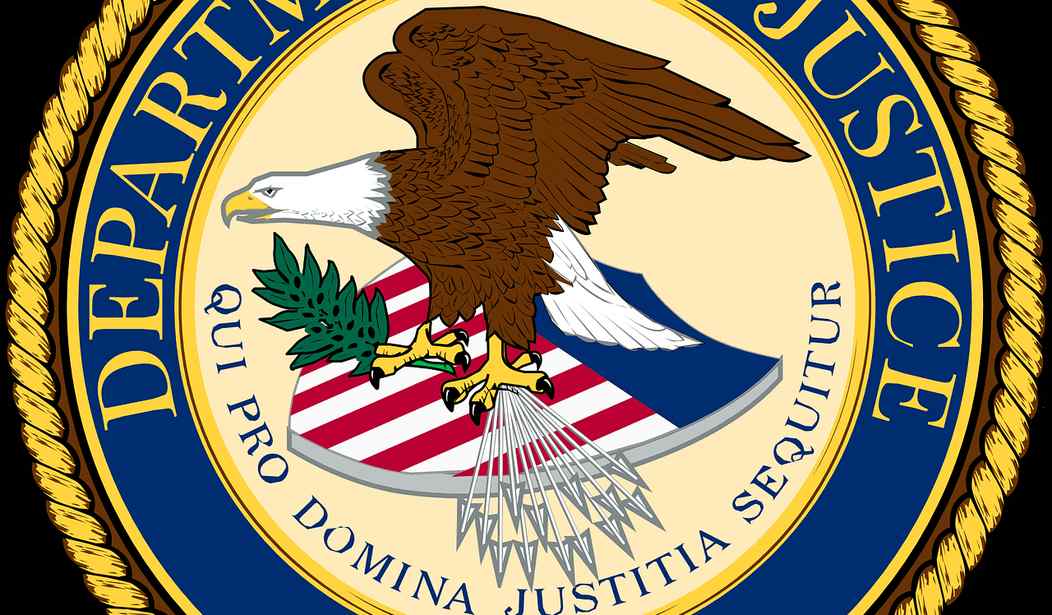In an interview on Tuesday, US Attorney General William Barr responded to the growing trend of states taking shelter in place orders too far. Most states have enacted strict restrictions on personal activities to slow the spread of the coronavirus. He told radio host Hugh Hewitt that constitutional rights don’t go away in an emergency, and that the Department of Justice is taking a close look at states where shutdown orders may exceed constitutional authority. Barr said that in the case of the lawsuit against onerous emergency orders by a state, the DOJ would likely side against the state.
Barr expressed grave concerns about the intrusion on civil liberties represented by these orders, comparing shelter-in-place orders to house arrest:
The President, you know, has executive power which part of that is the ability to head off disastrous situations that can’t otherwise be dealt with. And you know, that’s a very broad authority. But I think you know, one of the key things that I think is being missed in this whole debate that’s going on now is that we adopted these very strong measures. These are unprecedented burdens on civil liberties right now. You know, the idea that you have to stay in your house is disturbingly close to house arrest. I’m not saying it wasn’t justified. I’m not saying in some places it might still be justified. But it’s very onerous, as is shutting down your livelihood.
He then said that the DOJ would take a look at any lawsuit brought against states regarding civil liberties:
We’re looking carefully at a number of these rules that are being put into place. And if we think one goes too far, we initially try to jawbone the governors into rolling them back or adjusting them. And if they’re not and people bring lawsuits, we file statement of interest and side with the plaintiffs. And at this stage, and we’re at sort of a sensitive stage where we’re really transitioning to starting a process of trying to get the nation back up and running, you know, I think that’s the best approach. As lawsuits develop, as specific cases emerge in the states, we’ll take a look at them.
As economic shutdowns drag on and protests against government actions grow throughout America, many have questioned whether state actions are legal or effective. Barr examined this question on the show, attempting to balance the need for emergency response and constitutional rights:
I do think that executive glance, whether it be in the federal system or the state system, you know, one of its capacities is to respond to immediate catastrophic dangers facing the people. And the reason that we give power to the executive is because frequently, that requires adapting to the circumstances. So initially, when you’re faced with a potential catastrophe, the government can deploy measures and even put temporary and reasonable restrictions on rights if really necessary to meet the danger. But it still has the obligation to adapt to the circumstances. Whatever powers the government has, whether it be the president or the state governor, still is bounded by Constitutional rights of the individual. Our federal Constitutional rights don’t go away in an emergency. They constrain what the government can do. And in a circumstance like this, they put on the government the burden to make sure that whatever burdens it’s putting on our Constitutional liberties are strictly necessary to deal with the problem. They have to be targeted. They have to use less intrusive means if they are equally effective in dealing with the problem. And that’s the situation we’re in today. We’re moving into a period where we have to do a better job of targeting the measures we’re deploying to deal with this virus. [emphasis added]
Hewitt and Barr discussed whether the President or the governors have the authority to enact or lift these limitations on individual liberties. Barr described the obligation of any governor to maintain the oath of office to uphold the Constitution:
I think you know, when a governor acts, obviously states have very broad police powers. When a governor acts, especially when a governor does something that intrudes upon or infringes on a fundamental right or a Constitutional right, they’re bounded by that. And those situations are emerging around the country, to some extent. And I think we have to do a better job of making sure that the measures that are being adopted are properly targeted. They also can run into the federal role under the Commerce Clause, the so-called Dormant Commerce Clause. We do have a national economy which is the responsibility of the federal government. So it is possible that governors will take measures that impair interstate commerce. And just where that line is drawn, you know, remains to be seen.
As Americans grow weary of extended lockdowns at the state level, disrupting their lives, their children’s educations, and their very livelihoods, more pressure will mount for governors to ease restrictions. Their reactions to that pressure will make for fascinating political theater – and likely a lot of legal actions.
Jeff Reynolds is the author of the book, “Behind the Curtain: Inside the Network of Progressive Billionaires and Their Campaign to Undermine Democracy,” available now at www.WhoOwnsTheDems.com. Jeff hosts a podcast at anchor.fm/BehindTheCurtain. You can follow him on Twitter @ChargerJeff.
Editor’s Note: Want to support PJ Media so we can keep telling the truth about China and the virus they unleashed on the world? Join PJ Media VIP and use the promo code WUHAN to get 25% off your VIP membership.










Join the conversation as a VIP Member